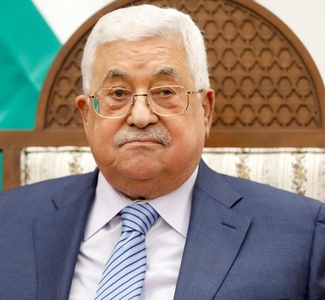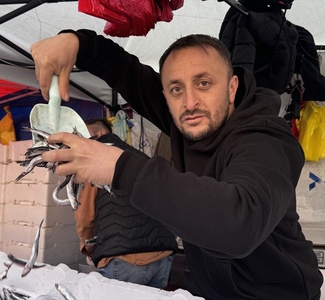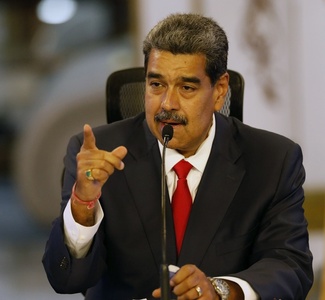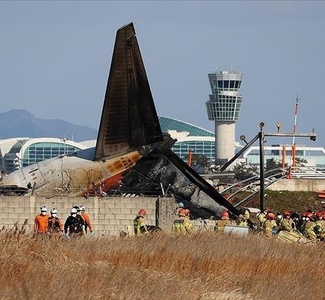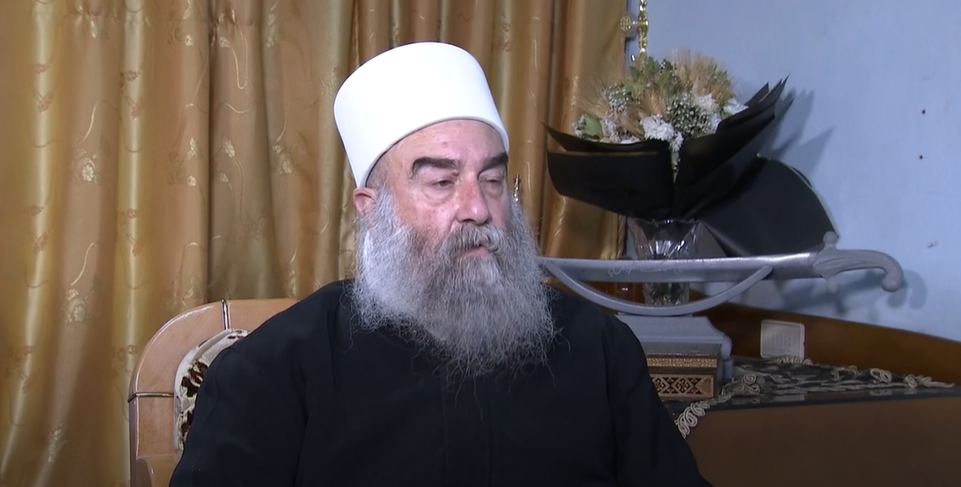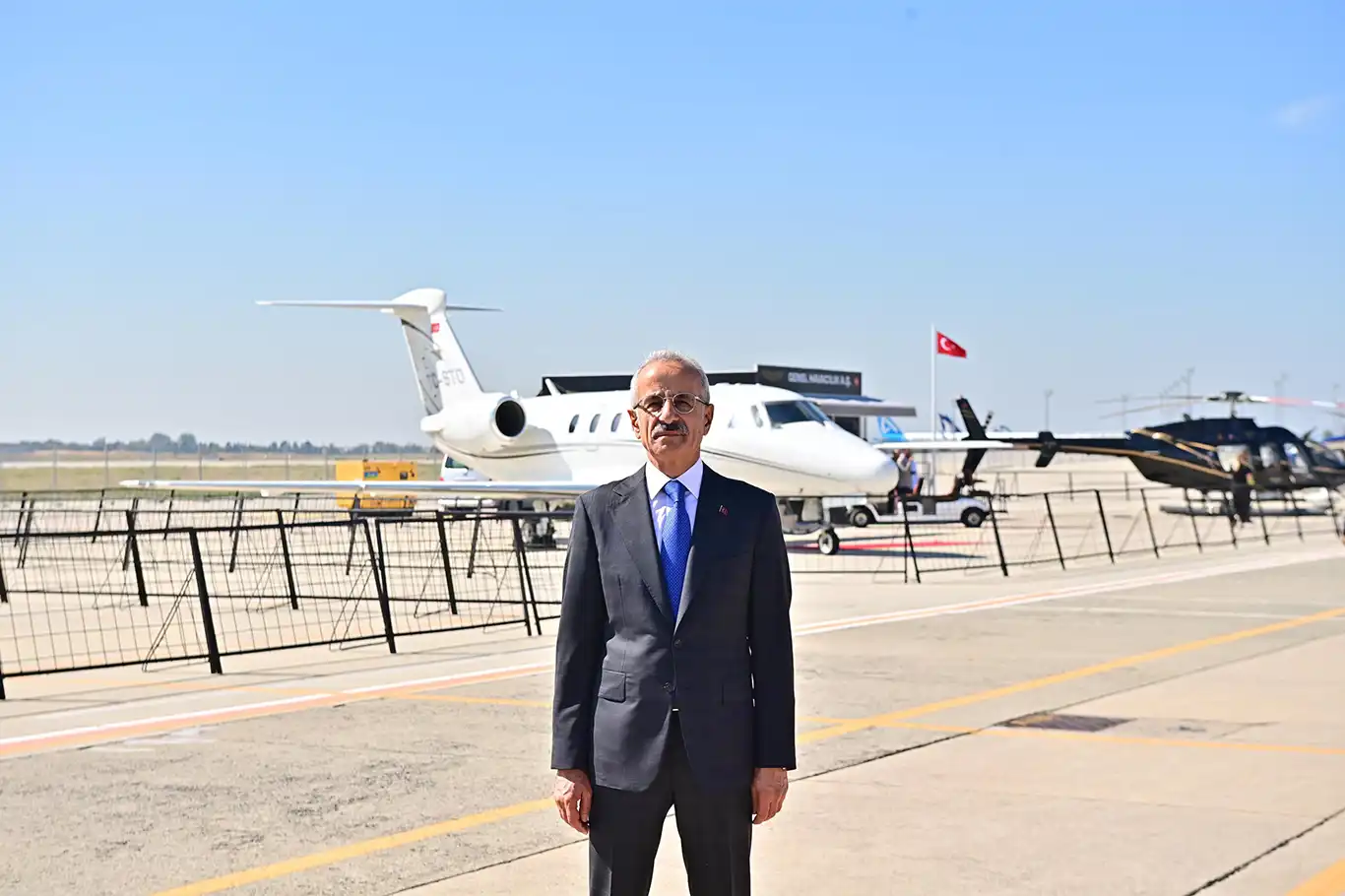UN: Aid agencies need US$4.3 billion this year to assist 17.3 million people across Yemen
International donors will convene on Monday to jump-start funding for the humanitarian operation in Yemen.
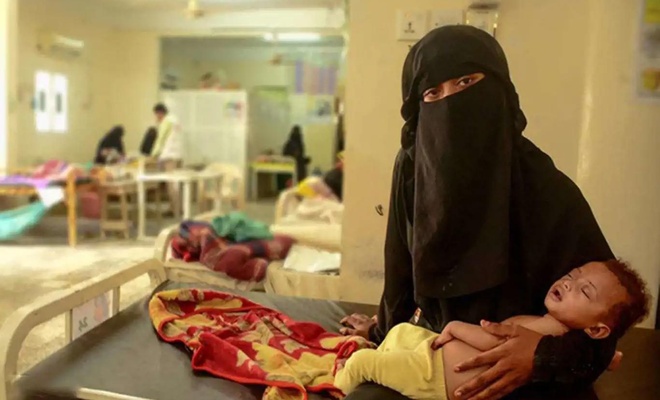
 Google News'te Doğruhaber'e abone olun.
Google News'te Doğruhaber'e abone olun. The high-level event is being hosted by the UN Secretary-General and the Governments of Sweden and Switzerland.
After years of war, Yemen remains an enormous humanitarian emergency. More than 21 million people – two thirds of the country’s population – will need humanitarian assistance and protection in 2023.
Although a six-month truce last year brought some relief to civilians, widespread suffering has continued, mainly due to the country’s deteriorating economy and collapsing basic services.
Yemen is also at the forefront of the global climate crisis, with recurrent natural disasters such as severe drought and flooding threatening people’s lives, safety and well-being.
Aid agencies need US$4.3 billion this year to assist 17.3 million people across the country. Record global humanitarian needs are stretching donor support like never before, but without sustained support for the aid operation in Yemen, the lives of millions of Yemenis will hang in the balance, and efforts to end the conflict once and for all will become even more challenging.
“The international community has the power and the means to end this crisis. And it begins by funding our appeal fully and committing to disbursing funds quickly,” said UN Secretary-General António Guterres. “Together, let us at long last turn the tide of suffering. Let us give hope to the people of Yemen.”
For his part, the UN Under-Secretary-General for Humanitarian Affairs and Emergency Relief Coordinator, Martin Griffiths, said: “The world is convening again today to demonstrate its commitment to help the people of Yemen to emerge from this terrible crisis. That means continuing, and indeed redoubling, efforts to find a path to peace. It means funding the aid operation so life-saving programmes can continue to keep the worst at bay. And it means supporting aid agencies as they work to deliver a principled response across the country.”
Federal Councillor Ignazio Cassis, Head of the Federal Department of Foreign Affairs of Switzerland, said: “Our support for the Yemeni people is more important now than ever. The humanitarian response must continue without a gap. It is our collective responsibility to maintain our full support for the benefit of Yemeni women, men and children. Let us provide them the prospect of a better future.”
Johan Forssell, Minister for International Development Cooperation and Foreign Trade of Sweden, said: “Sweden is co-hosting this important event for the sixth time, as a sign of our strong global humanitarian engagement. We cannot let life-saving operations in Yemen come to a halt. I hope that the international community will take the opportunity today to show continued solidarity with the people in Yemen now when they need it most.”
In 2022, donors generously provided more than $2.2 billion, enabling aid agencies to reach nearly 11 million people across the country every month with life-saving assistance, including food, clean water, shelter, protection and education. More than 200 humanitarian organizations delivered aid across all of Yemen’s 333 districts.
Towards the end of last year, new data indicated a slight improvement in food security projections, with the number of people in famine-like conditions dropping from 161,000 to zero. But this progress remains extremely fragile and could quickly reverse if aid agencies are forced to scale back or suspend programming due to funding gaps.
Now, it is imperative that the international community comes together again to protect and expand last year’s fragile gains by supporting the humanitarian operation and the millions of people who are paying the price of this crisis.
While it is critical to sustain life-saving activities, the aid operation cannot continue at this scale for much longer. Consistent and large-scale investments are also needed to rebuild and restore Yemen’s economy, basic services and development. This will help to reduce people’s suffering in the long term – as well as the size and price tag of the humanitarian appeal.
Most importantly, the people of Yemen need peace – without it, millions will continue to face extreme levels of poverty, hunger and suffering. (ILKHA)
































